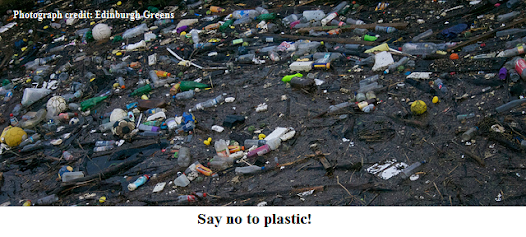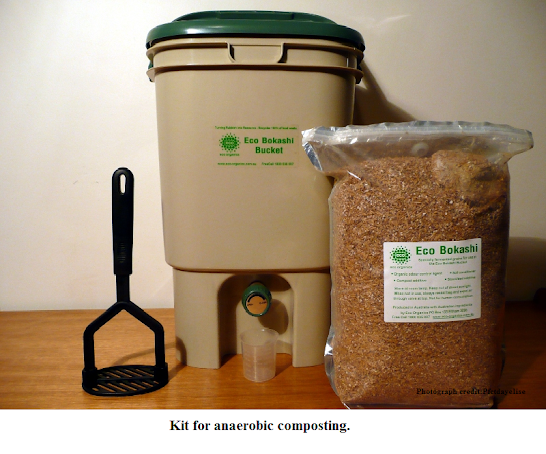Disposing of E-waste in Goa

Goa has received much well deserved criticism on account of the abounding garbage that spills over from every neighbourhood. There are remedies and schemes that have been thought out for the appropriate disposal of rubbish that comes under wet waste, that is biodegradable matter, and most dry waste that can be recycled or upcycled. There remains, however, the problem of waste that is delineated as toxic and detrimental to the environment. This includes biomedical waste and e-waste (electrical and electronic waste). In the case of e-waste, the Government of India has issued, through the Ministry of Environment, Forest and Climate Change Government of India, the E-waste Management Rules, 2016, which became effective from the 1 st of October 2016. To understand the magnitude of the e-waste problem, we refer to the ASSOCHAM (Associated Chambers of Commerce and Industry of India)-Frost and Sullivan study (2016) that estimates that India’s e-waste production will be 30 lakh metric tonnes


